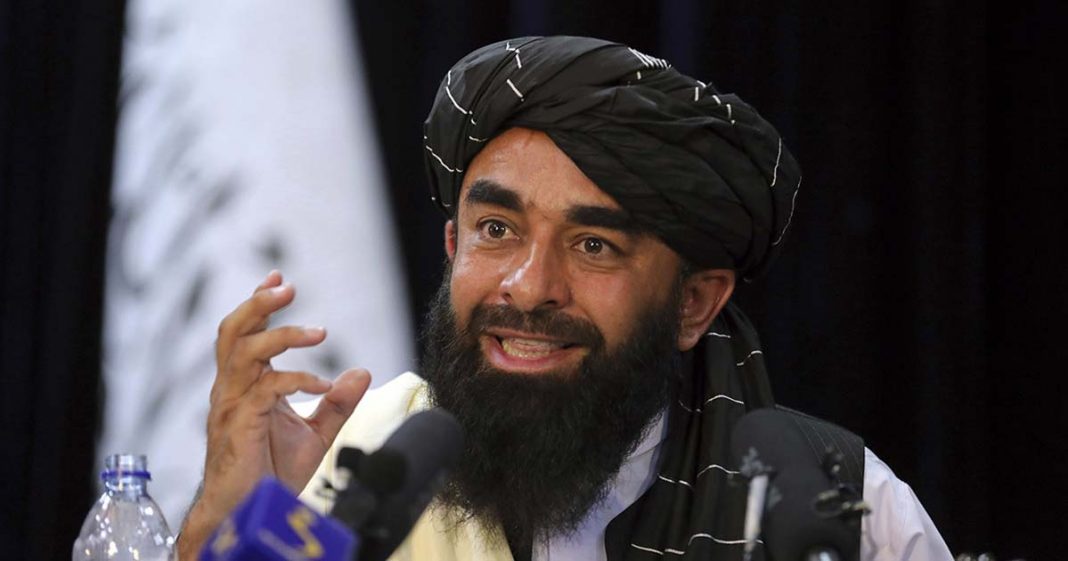The problem with the Taliban’s and their sympathizers’ political ideology is clear but extremely dangerous. They do not agree with your existence if you do not agree with their political agenda or cultural ideology.
Some postcolonial theorists argue that the origin of the modern nation-state system can be found in the homogenization drive initiated by the Castalian monarchy in the 15th century.
Read more: Taliban takeover “blessing in disguise” for Pak-Afghan trade
One of the basic objectives, they assert, was to create a homogenous national homeland for Christian Spaniards, and the basic rule to achieve this principal objective was to convert Moors and Jews to Christianity and eliminate those who do fit into their system. The Taliban in the 21st century are following the 15th-century political ideology and many of their adamants are proud of them.
Will the Taliban create an influence on Pakistan’s institutions?
If you’re a Muslim, share the Taliban’s understanding of Islam and politics, and unquestionably follow their order, you’re welcome to stay in Afghanistan.
I am afraid of the day when Pakistanis will demand the legal system of Afghanistan to fix our broken criminal justice system. The Taliban’s legal system shall solely rely upon the wisdom of a handful of people unlike what happens in a representative democracy in the 21st century. Similarly, the political order they are creating at the moment will ensure anything but order.
Read more: Taliban takeover “blessing in disguise” for Pak-Afghan trade
The problem with strictly ruled societies is that they either tend to produce fascists or warriors who may find it hard to connect themselves with the currents of the present age. An overtly ordered society is generally on its way to full-scale dictatorship!
Good luck, Afghanistan!
Farah Adeed is studying political science at San Diego State University, California, USA. He previously worked as Asst Editor at GVS. He can be followed @farah_adeed on Twitter. The views expressed in this article are the author’s own and do not necessarily reflect Global Village Space’s editorial policy.














